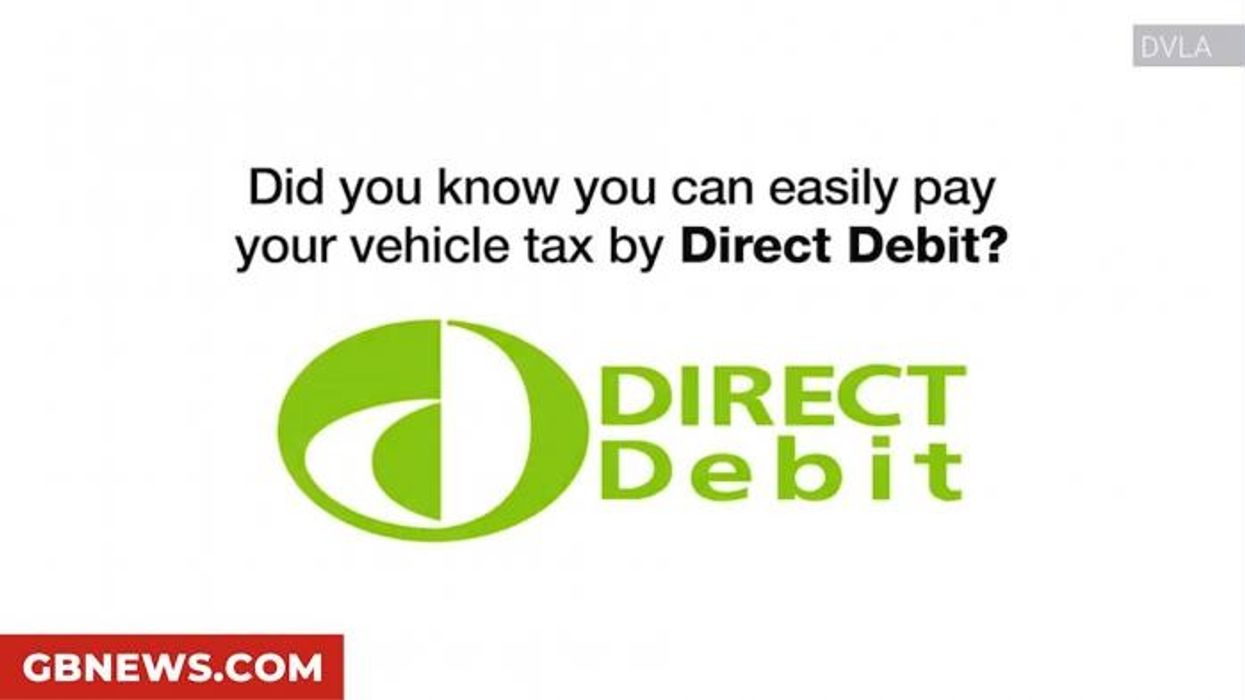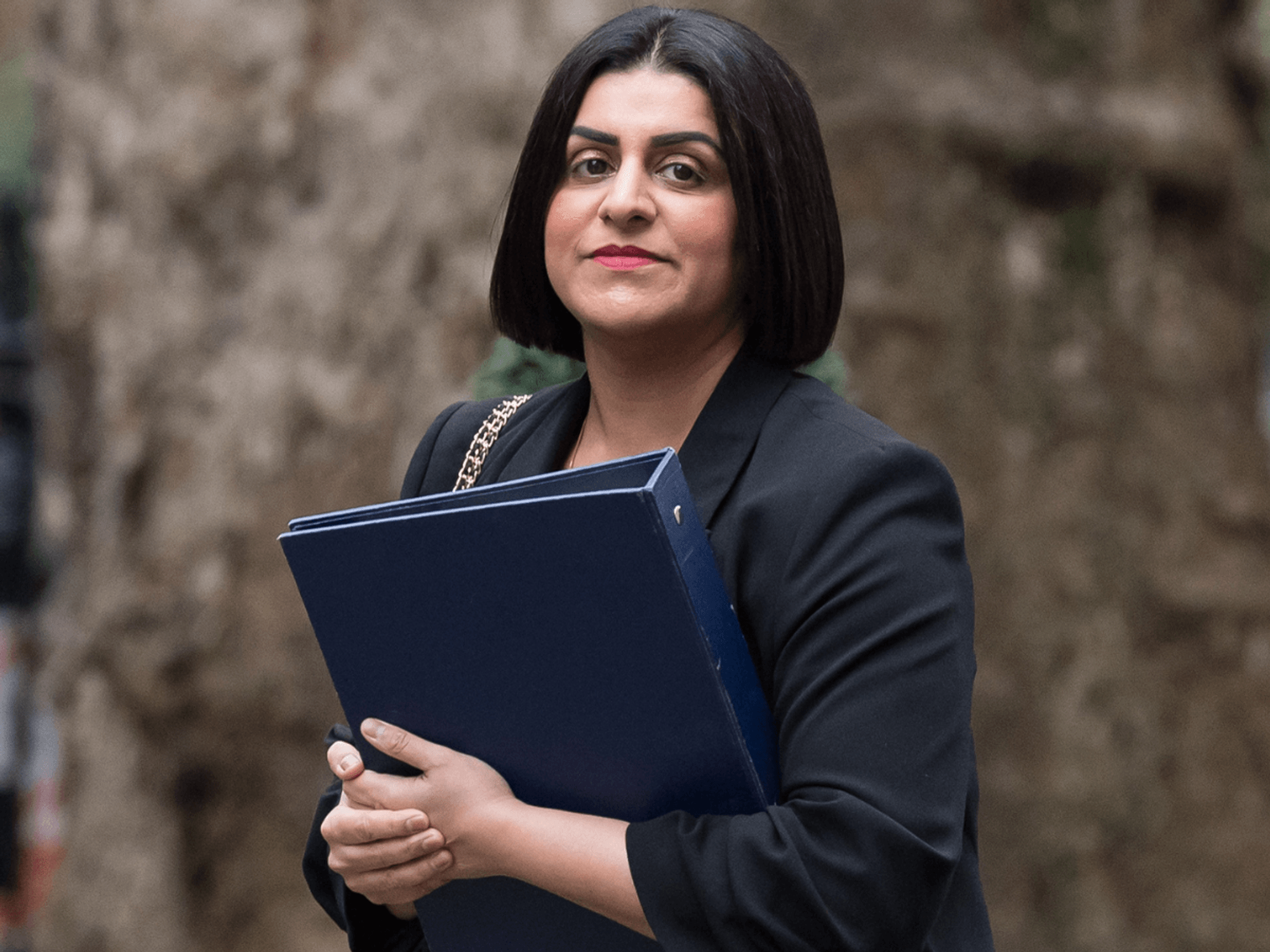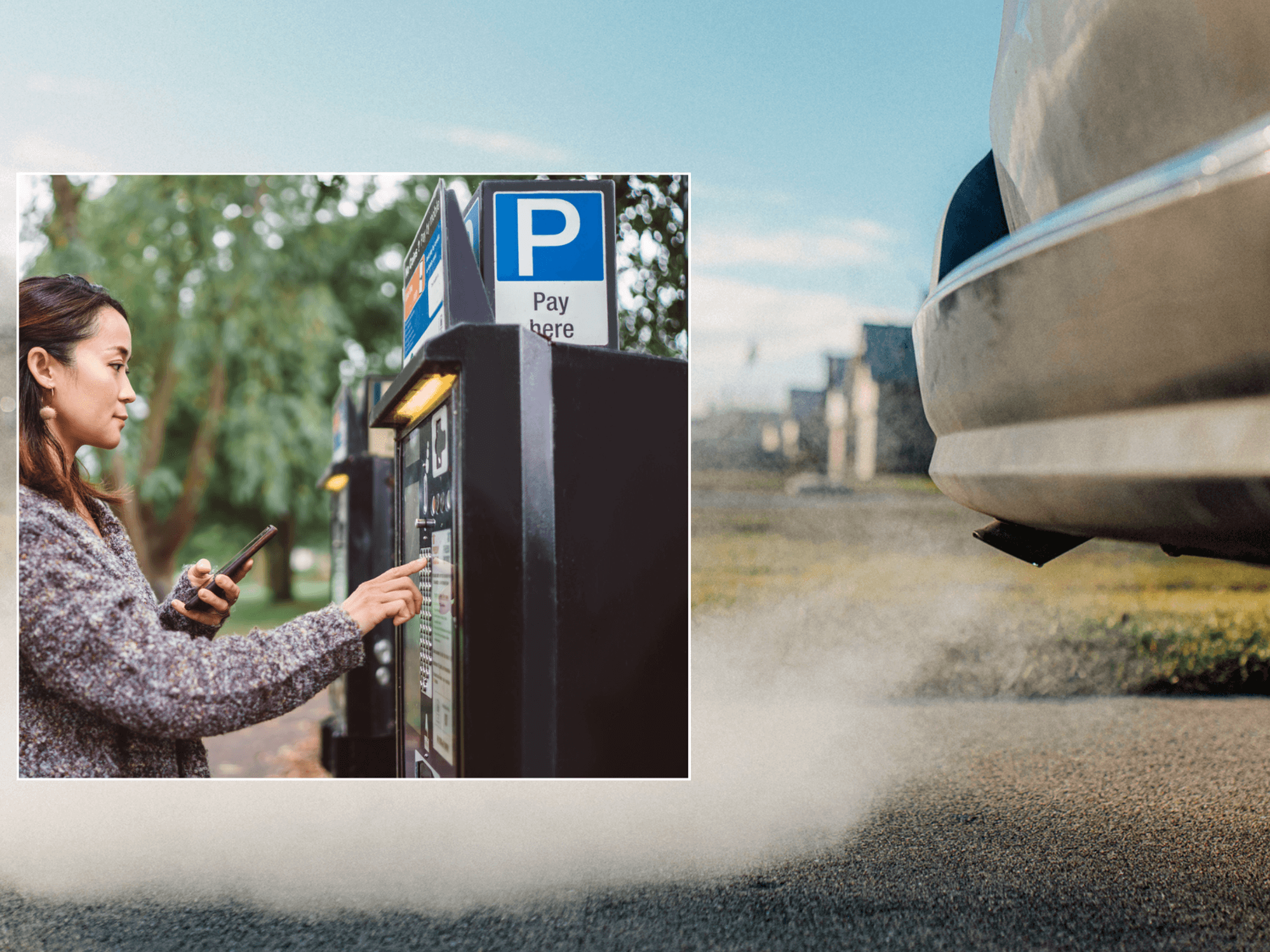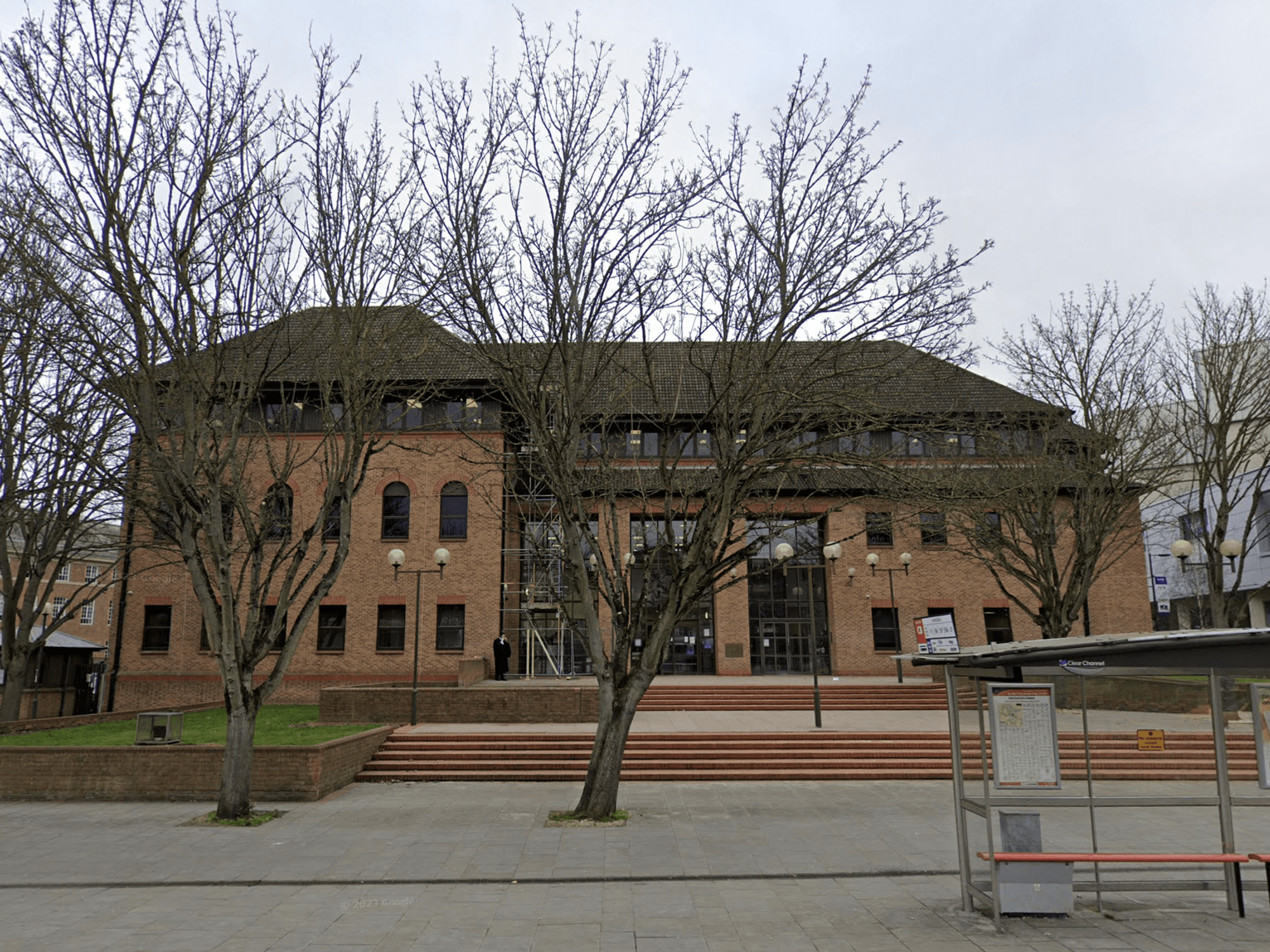Fake DVLA car tax scams cause major personal data breach impacting thousands of vulnerable road users

Fraudulent practices have been used to trick drivers into thinking the DVLA has contacted them about a car tax issue
Don't Miss
Most Read
Thousands of drivers have fallen victim to DVLA scams, with motorists tricked into paying car taxes and other service fees into fraudulent accounts.
According to new research, nearly 20,000 motorists were impacted by scams last year, with car tax payments, insurance deals and fake parking tickets seen to be the most popular targets.
Experts have now warned that younger drivers are particularly at risk of being targeted for fraud, with motorists aged between 25 and 34 the most common victims of vehicle-related scams like used car fraud and bogus insurance deals.
On the other end of the spectrum, elderly drivers are also seeing an increasing rise in fraud cases, with scammers targeting older motorists with fake parking fines.
Do you have a story you'd like to share? Get in touch by emailing motoring@gbnews.uk

Last year, 20,000 drivers reported scams to the DVLA over fraudulent car tax payments and other issues
| DVLA/PAJohn Wilmot, CEO of car lease comparison website LeaseLoco, said: "Unfortunately, driving-related scams are really common, and they work well for fraudsters because they can create a sense of urgency.
"A lot of these scams will urge you to quickly pay a fee to avoid facing bigger fines. When we see something like this, we often rush to get the payment done rather than stopping and checking the legitimacy of the message or letter."
He explained that there are ways to spot these scams, which can prevent drivers from losing any money.
Offering suggestions, Wilmot said that if a driver has been contacted via text message to pay a fine, they should be aware that the DVLA "will never ask for money or personal information on a text message".
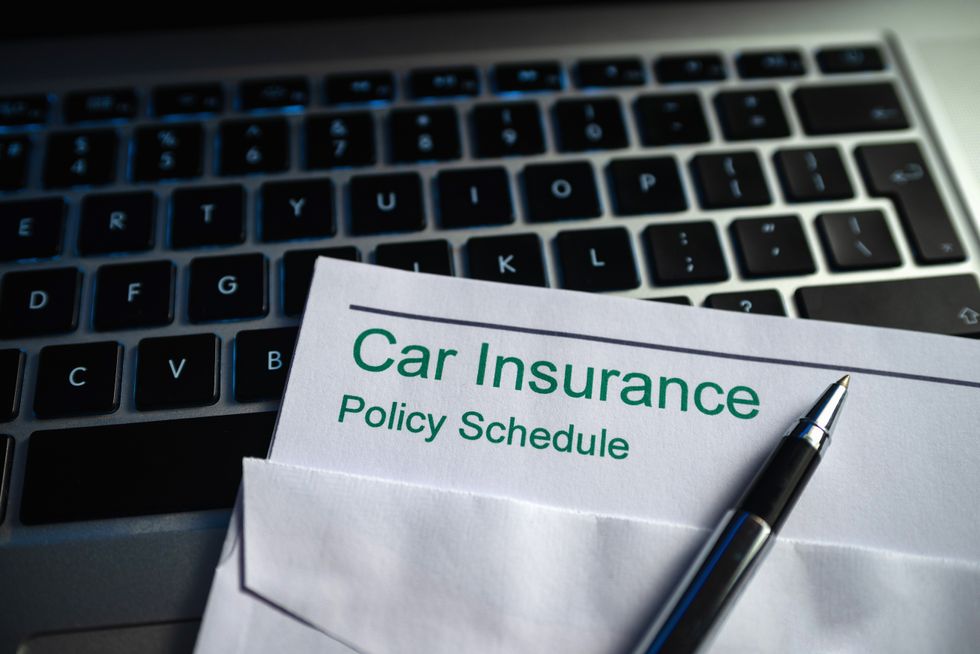
Young drivers have fallen victim to fake car insurance deals
| GETTY"By taking a moment to verify the legitimacy of these alerts, you could save yourself from losing out on potentially thousands of pounds," he shared.
Other scams which have become more noticeable in recent years include the use of QR code stickers on parking meters.
To combat this, drivers should stick to official car parking apps such as RingGo and PayByPhone. The expert also warned that most councils won’t use QR codes for payment but will instead provide a machine in the parking facility.
More worrying has been the rise in fake DVLA messages, which have caught thousands of drivers. The messages would reference a licence needing updating or a failed car tax payment.
LATEST DEVELOPMENTS:
Wilmot added: "It’s important to remember that the DVLA will never ask for money or personal information via email or text. Never click on any links within these messages and only access the DVLA website through GOV.UK."
Scammers have also resorted to sending drivers fake parking charge notices that urge drivers to pay a fake parking charge before the fine increases.
The expert explained that real parking tickets have the date, time and location of the alleged violation rather than vague information. Drivers who suspect the letter to be fraudulent should contact the council’s parking department to check if the fine is genuine.
Another issue impacting drivers has been the rise in fraudulent car deals, which "look too good to be true". Reports revealed that in 2023, "nearly half a million pounds was stolen from drivers through Facebook car scams".
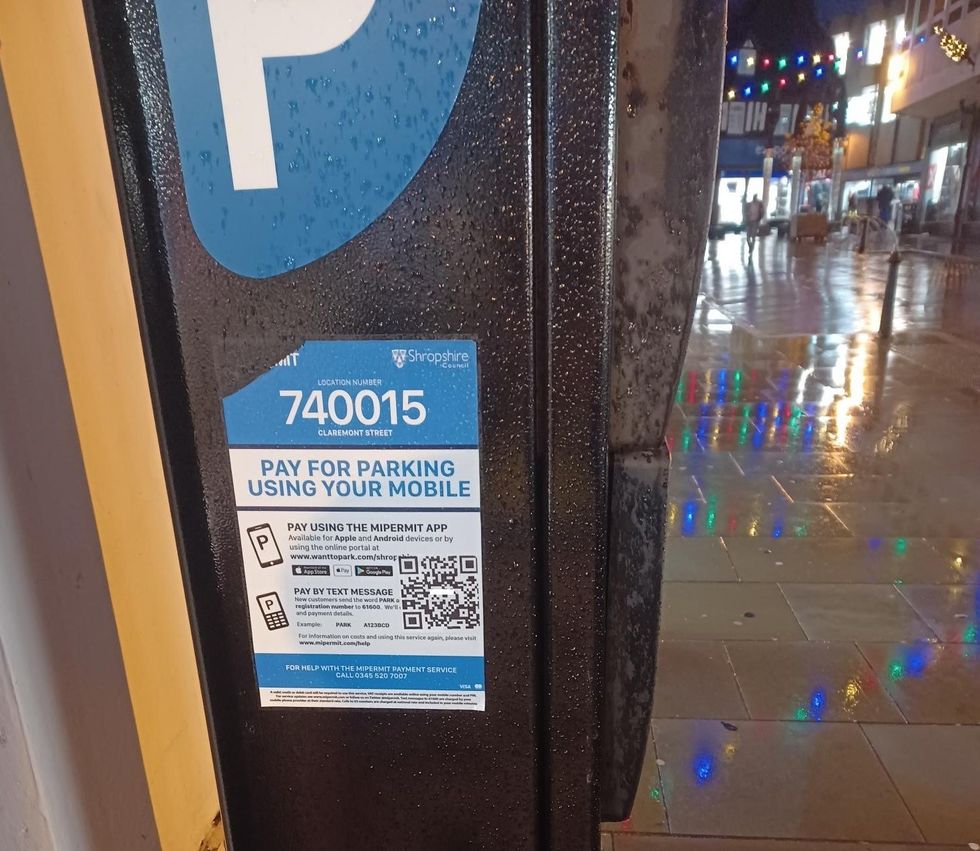
The fake code directs drivers to fake payment portals
| SHROPSHIRE COUNCILWilmot shared: "Scammers will often post a fake ad for a car at a very low price and ask people interested in an upfront payment via bank transfer. They avoid having anyone come and see the car in person by claiming to be abroad too. When purchasing a used car, never make a payment before seeing the car in person and check the vehicle history on the Government website."
Toll or Congestion Charge messages have also been tricking drivers into paying fake amounts. Due to drivers needing to pay the toll fees electronically rather than through a physical barrier in many cases, this can lead to fake messages telling drivers they owe money.
The fake messages often attach a "pay now" link, which can be used to not only steal money but also personal information.
Before opening any links, drivers should remember that any genuine toll notifications will come from GOV.UK or other verified operators such as Transport for London, the M6 Toll, and Dart Charge for the Dartford Crossing.


